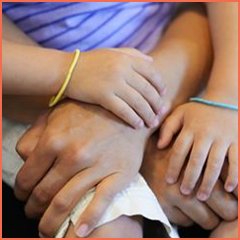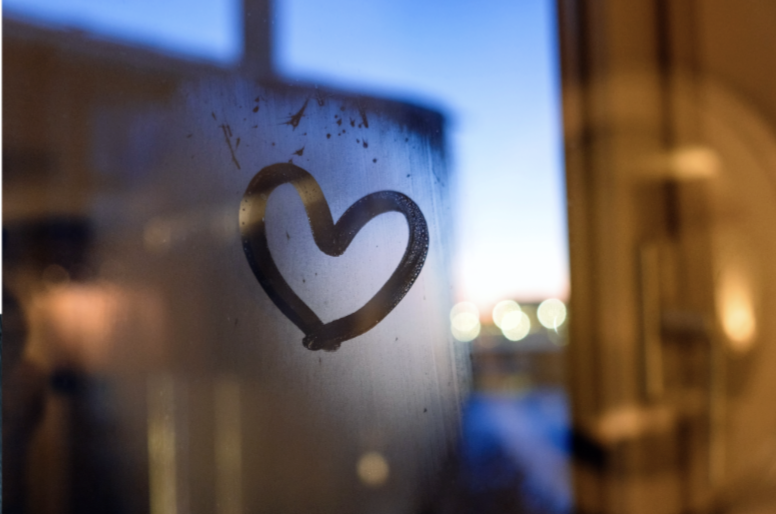For many, this Father’s Day weekend was a festive time to pay tribute to a figurehead, protector, and pillar of family who brings up fond memories of special times. But what if you grew up in a home where your dad was routinely violent towards your mother regularly, where you lived in fear for her well-being, and maybe yours and that of your siblings as well?
If you Find it Difficult to Celebrate Father’s Day, Perhaps you Grew up in a Home Just Like this – Facing Childhood Domestic Violence (CDV)?
Or perhaps you know someone who did? Childhood Domestic Violence (CDV) is when you grow up living in a home with violence between your parents or violence towards a parent, perhaps from a stepparent or significant other.

For those who grew up with CDV, this holiday, like other holidays, may bring up conflicting emotions or an urge to avoid idea altogether. What makes feelings around this holiday even more challenging is that you may have love for the man who helped give you life and raise you. But at the same time, you can’t forget the memories of watching or hearing the pain he caused to one of the most important people in your young life – and being powerless to stop it.
An estimated 1 in 7 Americans experienced CDV growing up.
For the estimated 40+ million adults in the US who experienced CDV – particularly men – memories of childhood and their fathers are often tied to strong feelings of guilt, shame, resentment, and sadness – not what you would typically associate with Father’s Day. These are some of the 10 negative beliefs formed growing up in that home. These beliefs often carry over into adulthood, impacting your self-concept. But they don’t just shape how you feel about YOURSELF – they become the cornerstone of how you view and treat others, the choices you make, your successes and failures, and the overall quality and direction of your life… AND you may not even know it. They have a defining impact on all 4 key pillars of your life – physical health, mental health, behaviors, and relationships. Those who experience CDV are 6x more likely to commit suicide, 50% more likely to abuse drugs and alcohol, and 74% more likely to commit a violent crime. And it is the SINGLE best predictor of being a victim or perpetrator of domestic violence later in life.
But research shows the damage CAN BE REVERSED…the ties repaired.
Recognizing your childhood experience for what it is – CDV – understanding its impact, and taking the first step to transforming your beliefs can be the catalysts for empowerment and a whole new life for you. Here is the First step. This is the gateway to the information, tools, and support you need to change your life.
If you care about or work with someone who experienced CDV, through some simple tools and steps, you can be a trigger to transforming their belief system and help change their life. Here’s how:
I care about someone who faced CDV
If you seek to pay it forward by helping change the lives of others who grew up in such a home and still struggle, consider making a small gift towards our programs and campaigns geared towards reaching and helping children impacted today and adults who were impacted as children.
The path to making holidays like Father’s Day festive again is only a click away. Take the first step today!

